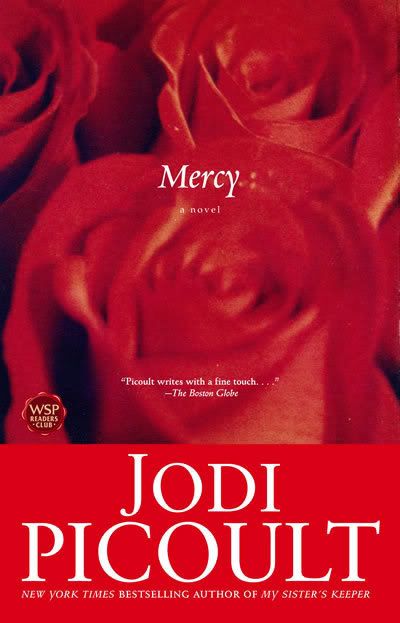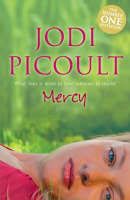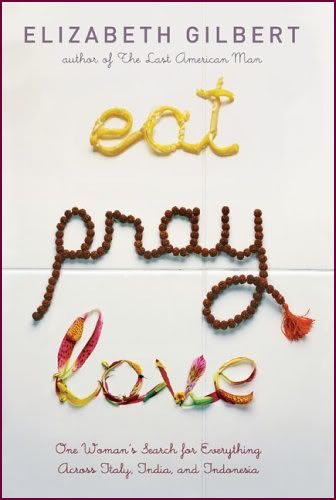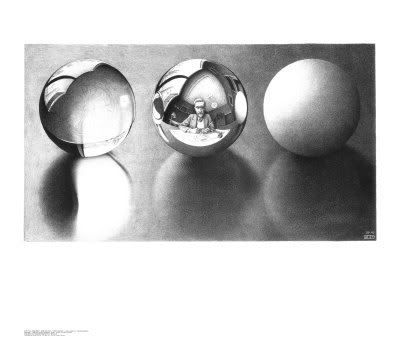 Let’s face it; everyone has had that moment in class where the professor referenced Prometheus or the important symbolic value of snakes or Jung or Freud or something else outside the realm of literature that went straight over his or her head. Here, for every student who has felt like a complete moron in one English class or another, is a list of several books that, when all else fails, will at least make you sound smarter when you cite them:
Let’s face it; everyone has had that moment in class where the professor referenced Prometheus or the important symbolic value of snakes or Jung or Freud or something else outside the realm of literature that went straight over his or her head. Here, for every student who has felt like a complete moron in one English class or another, is a list of several books that, when all else fails, will at least make you sound smarter when you cite them:  Mythology
Mythology
by Edith Hamilton
My friend Corey has been after me to read this book since fifth grade, so that’s a good 12, almost 13, years. I even tried to buy it on Amazon once, only to have my college’s mailroom lose it. Finally, Corey simply gave me one of her twelve copies, for which I am really, truly grateful. It covers Greek and Roman mythology almost comprehensively, with a smattering of Norse mythology at the end. Perfect for looking up all those crazy mythological references in Fitzgerald.
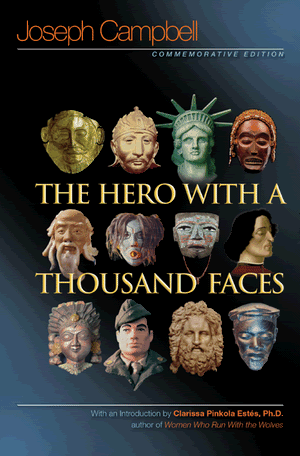 The Hero with A Thousand Faces or The Power of Myth
The Hero with A Thousand Faces or The Power of Myth
by Joseph Campbell
If you steer clear of his self-help books and concentrate on what
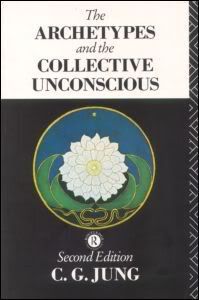 Archetypes and the Collective Unconscious
Archetypes and the Collective Unconscious
by Carl Gustav Jung
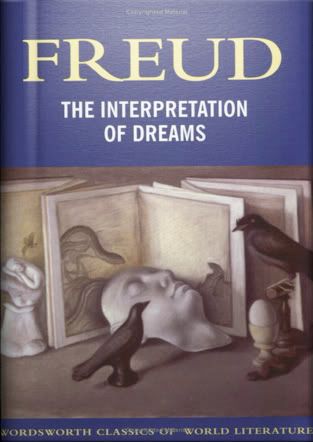 The Interpretation of Dreams
The Interpretation of Dreams
by Sigmund Freud
Haven’t read it, but I plan to as soon as I can wrap my head around the whole notion of sitting down with Freud on my summer vacation. Heh. Anyway, Freud is kind of another perspective from Jung, and I’m willing to bet that anything Jung didn’t cover, or didn’t cover in a way that would help you, Freud did.
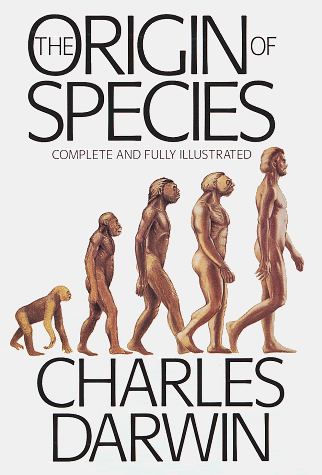 The Origin of Species
The Origin of Species
by Charles Darwin
Obviously,
 The Encyclopedia Britannica
The Encyclopedia Britannica
Yes, the whole thing. And no, I don’t own it. But even though Wikipedia is faster and much cheaper, professors won’t take Wikipedia as a reliable source. No one is willing to mess with the old EB, though, so use it at will. Also makes for a great conversation starter, as you’ll know facts like that coffee is the second most traded product in the world after petroleum.
Other Works You Might Want:
A good Latin-to-English dictionary
Older works and even some new ones use Latin a whole lot. So you’re going to want this, especially if you’re reading Thomas De Quincey or something.
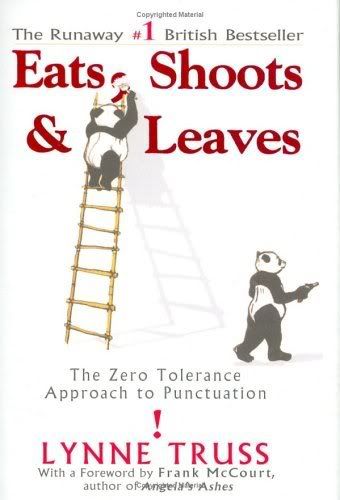 A good French-to-English dictionary
A good French-to-English dictionary
Same as above; I’ve always found mine useful. Then again, I was also taking French, so it came in handy in other ways.
The MLA Stylebook, Eats, Shoots and Leaves or The
Anything that will help you with grammatical questions while writing papers. You might be the most brilliant literary mind in several hundred years, but no one will take you seriously if you don’t know the difference between their, they’re and there.
